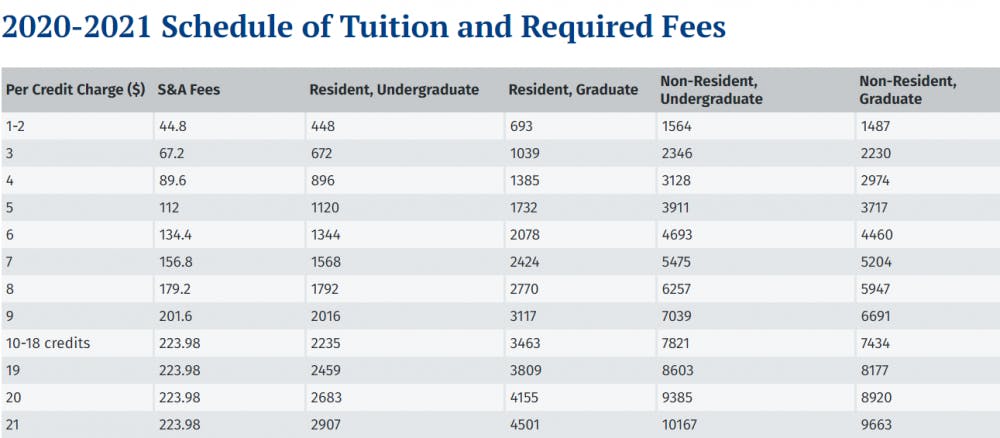The AS Executive Board met with members of Western administration to discuss summer student fees

By Henrik Butz
The fate of summer student fee reductions remains unclear after the Jan. 29 meeting of the Associated Students Board of Directors.
The board met with employees from Western Washington University's Student Engagement, Outreach and Continuing Education and Budget and Financial Planning offices.
The meeting focused on seeking feedback and providing input surrounding the student fee structure for summer quarter, with no move to action or vote, said Eric Alexander, executive director of student engagement.
Information gathered during the meeting will be presented at the February board of trustees meeting, Alexander said.
The discussion follows Western’s approach to applying fees, with representatives from various departments who receive funding from them meeting to provide feedback on how they’re applied.
Robert Squires, vice provost for Outreach and Continuing Education, said online courses have their own fee structure, which takes into account students not having access to campus buildings, resources and services that students attending in-person classes would have.
While most classes for summer 2021 will remain online, Western is considering applying the regular in-person fee structure to all summer students, Squires said.
Western plans to open more campus buildings for student use during the summer quarter, so the normal student fee structure makes sense, Alexander said.
AS President Abdul-Malik Ford asked Squires and Faye Gallant, executive director of the budget and financial planning office, whether Western kept track of students using the available campus resources last summer quarter compared to prior summer quarters.
Ford’s question echoed the responses of the Western students he represents, who stated Western’s approach to student fee pricing and fee cuts of $44 have been unsatisfactory. Students still pay $376.96 in fees for services, resources and campus spaces they cannot access.
Western wasn’t tracking the number of students using services on campus during summer quarter 2020, but instead, services where student fees go were looking for ways they could reduce fees, said Gallant.
“Each operation that is fee-supported is so different in how the fee is used,” Gallant said. “It's a little difficult to take an across the board approach.”
The student technology fee was reduced when Western realized printing was a non-issue, but the fee needs to remain because it helps support technology costs that assist in online instruction, Gallant said.
The student health services fee will also not be reduced because on-campus students can still use the health center, and off-campus students can schedule virtual care appointments through Telehealth.
“We haven't seen a reduction in the level of activity in the health center at all,” Gallant said. “In fact, it's been a real increase this year.”
Further reduction of fees that support facilities, spaces and buildings like the rec center and multicultural center may be more challenging to reduce, Gallant said.
“The fees that are about sort of facilities and spaces and buildings are a little more challenging, where the fee for some of those is to support the existence of the building,” Galland said.
Pending board approval, Western will propose a fee reduction for spring quarter similar to the winter quarter reductions. There will likely be similar summer fee reductions as well, Gallant said.
Regardless, summer quarter fees will be lower than spring, as Western normally charges lower fees for summer quarter, Gallant said.





